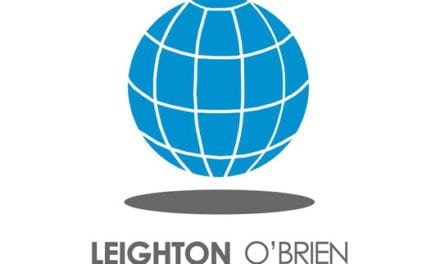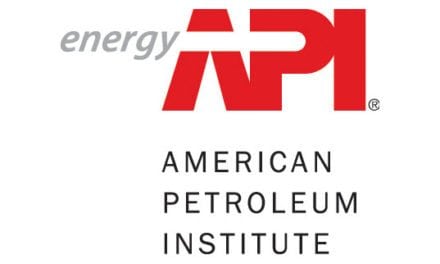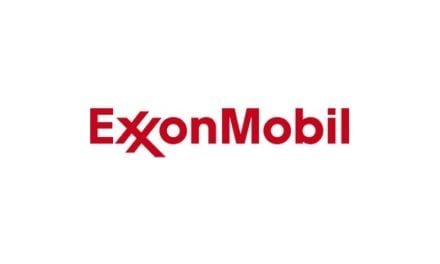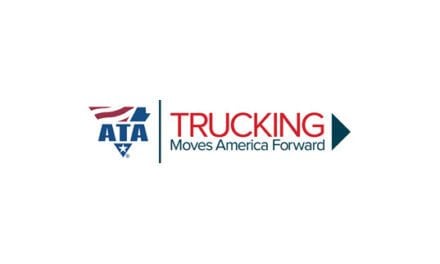By Keith Reid
The Fuels Institute, founded by NACS in 2013, is a 501(c)(4) non-profit research-oriented think tank dedicated to evaluating the market issues related to vehicles and the fuels that power them. Led by a diverse board of directors and driven by a board of advisors, the Fuels Institute incorporates the perspective of interested stakeholders affected by this market, including but not limited to fuel retailers, fuel producers and refiners, alternative and renewable fuel producers, automobile manufacturers, environmental advocates, consumer organizations, academics, government entities and other stakeholders with expertise in the fuels and automotive industries.
FMN, the official media partner of the Fuels Institute Annual Meeting, interviewed John Eichberger, Fuels Institute executive director, for an overview of the institute and its activities.
FMN: What prompted the formation of the Fuels Institute?
Eichberger: Several years ago, the executive committee leadership of NACS was getting frustrated that policy and market strategies were being developed in somewhat of a vacuum. Each party—the auto industry, refiners, biofuels industry, etc. they’re pursuing their separate agendas and ultimately what would come through were policies and market strategies with little input from the retailer and that often left the retailer holding the bag.
So the executive committee at NACS said there has to be a better way to do this. Since NACS represents 85% of the market can we step up and try to bring these stakeholders together to foster some collaboration and discussion among the parties, identify some of the key issues that are impeding the market today and into the future and see if we can address some of those issues in a non-advocacy and collaborative manner.
FMN: Why was there a desire to move this more formally out from under the NACS banner?
Eichberger: Associations, NACS included, have certain positions they cannot cross. They cannot say certain things or even discuss options that might conflict with their stated public policy positions, because that might backfire in the public relations world. In the Fuels Institute there is no association that has a vote. All of the voting participants are businesses whose objectives are long-term viability. So, they can entertain something that might not be the political statement of the industry. They can evaluate it and their perspective might lead to a better long-term solution.
Now, we will analyze different policies in the context of how they affect the market, but we’re not playing politics. We’re able to step away and be a bit more objective.
FMN: Research is a core function of the Fuels Institute. What have been some of the major areas you have researched or are looking to research in the future?
Eichberger: When we started I really thought we were going to be focused on individual fuel items. We started a natural gas study which Carnegie Mellon is still conducting for us, we did a diesel piece and an E85 piece and those have been well received. They provide valuable information to the market. But what we found is the coalescing of interest is really more around the umbrella issues—the broad market analysis.
We did a driver demographics piece that looked at 100 years of government data showing miles traveled, who has a driver’s license and what has been the motivating factor to increase the total vehicle miles traveled in the country. That report has gained more attention and more references than anything that we have done before since. So what we’re now looking at is how do we take a broader picture?
One of the studies that we are currently reviewing proposals on, and that I’m really excited about, is understanding what the costs of E15 really are. We are reviewing proposals that would first look at the overall health of the distribution system from refinery to retail—what are the costs of operations, the pinch points, the strengths and weaknesses and then comparing what happens to that with E10, E15, E30, E85, B5 and B20? What are the additional equipment needs, what are the costs and what are the opportunities and challenges? So, we then have a 30,000-foot perspective on the issue. And that kind of analysis, I think, is extremely helpful everybody whether you’re in biofuels, petroleum, retail or automotive. I’m not aware of anybody that’s done a comprehensive assessment of the distribution system.
In addition, we’re looking at consumer behavior in terms of what’s driving their behavior in terms of buying vehicles and what kind of things can turn their minds to alternative fuels. Were still looking at natural gas. There will be another E85 piece based on today’s market prices. The impact of an on-demand economy with services like Zipcar, Lift and Uber. There is a lot of stuff like that, and the board of advisers will be meeting in September to decide the agenda moving forward.
FMN: How do you bring together such disparate groups into a collaborative environment?
Eichberger: When you come to the fuels Institute the first thing we emphasize is that this is a no-conflict area. We’re here to exchange information and learn from each other and not fight things out. We’ve deliberately honored that from day one, and that’s that a key ingredient to our success.
We’ve got people who politically and policy wise have strong disagreements with each other. They often don’t trust each other; they fight each other constantly in the popular press. But, we’ve recruited people to participate in the institute on the basis of look, we’re not in it for the political fight or hashing out political differences. We want to cut to the chase.
All of these people and these organizations sincerely believe that their position is the right position. So, when you present the idea of doing an analysis of the facts, they all agree because they all believe that the facts are going to support their position. And when you do the analysis—if it’s rooted in common sense, objectively defensible and verifiable information—all we’re doing is providing the stakeholders with more insight and information.










